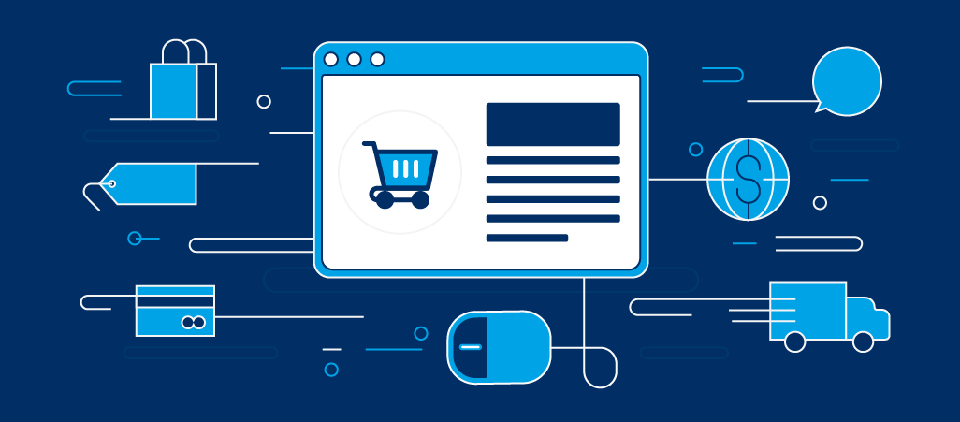E-commerce, or electronic commerce, has revolutionized the way businesses operate and connect with their customers. With the rise of the internet and technological advancements, starting an e-commerce venture has become more accessible than ever before. If you're considering diving into the world of online business, here are some key points to keep in mind as you get started.
1. Identify your target audience and niche
Before launching your e-commerce business, it's crucial to identify your target audience and find a niche market that you can cater to effectively. Research and analyze consumer trends, interests, and preferences to determine the demand for your products or services. By understanding your target audience, you can tailor your marketing strategies and product offerings to meet their specific needs, increasing the likelihood of success.
2. Choose the right e-commerce platform
Selecting the right e-commerce platform is a critical decision that will impact your online business. There are various platforms available, each offering different features and functionalities. Consider factors such as ease of use, scalability, customization options, payment gateways, and inventory management capabilities when choosing a platform that aligns with your business requirements.
Popular e-commerce platforms include Shopify, WooCommerce, Magento, and BigCommerce. Take the time to compare their features and pricing structures to make an informed decision.
3. Design an appealing and user-friendly website
Your website serves as the virtual storefront for your e-commerce business. It's essential to create an aesthetically pleasing and user-friendly website that reflects your brand and enhances the overall shopping experience. Ensure that your website is mobile-responsive, as an increasing number of consumers prefer to shop on their smartphones or tablets.
Simplify the navigation process, optimize page loading speed, and include high-quality product images and descriptions. Implement secure payment options and provide clear and transparent shipping and return policies to build trust with your customers.
4. Develop a robust marketing strategy
A comprehensive marketing strategy is crucial for attracting potential customers to your e-commerce store. Utilize various digital marketing channels, such as search engine optimization (SEO), social media marketing, email marketing, and influencer partnerships, to increase your online visibility and reach your target audience effectively.
Create compelling content that educates, entertains, or solves a problem for your audience. Leverage social media platforms to engage with your customers, share updates, and promote your products. Consider running paid advertising campaigns to boost your reach and conversions.
5. Streamline order fulfillment and customer support
Efficient order fulfillment and excellent customer support are essential for the success of your e-commerce business. Establish streamlined processes for inventory management, packaging, and shipping to ensure prompt delivery of orders. Provide multiple shipping options and clearly communicate delivery times and costs to avoid any confusion or dissatisfaction.
Additionally, invest in providing exceptional customer support. Promptly respond to customer inquiries, address concerns, and resolve issues in a professional and timely manner. By prioritizing customer satisfaction, you can build loyalty and generate positive reviews, which can lead to repeat business and referrals.
Starting an e-commerce business requires careful planning, market research, and strategic execution. By identifying your target audience, selecting the right platform, designing an appealing website, implementing a robust marketing strategy, and prioritizing efficient order fulfillment and customer support, you can set a strong foundation for your online venture.
